Outgoing Stabicraft CEO Paul Adams reflects on his time steering the ship.
I never did it for the money, the accolades or team awards. I did it because I like to make stuff — just like all those craftsmen in the pages of The Captain. I’ve always had the ability to visualise, solve and create. In 1986, some work colleagues and I decided to create a robust alternative to rubber inflatables. We came up with a little utilitarian beast we called the Ally Duck. Harsher critics called it the Ugly Duck. It worked well, but it wasn’t everyone’s cup of tea. So, over the years, we applied serious “design thinking”, as I like to call it. Today, Stabicraft boats are considered game-fishing beasts and respected around the globe. There are more than 30 dealerships worldwide, on several continents, including New Zealand, Australia, North America and Scandinavia — along with a few Pacific Island nations.
GROWING PAINS
It wasn’t always easy. There were sleepless nights during the GFC in the early ’90s. We had to decide who to keep and who to let go. We had to make 15 per cent of the workforce redundant. We were mucking around with people’s lives and it hurt. But also we learned valuable business lessons in those early days, including the importance of developing new products. With every disaster comes opportunity. The global export market came calling after a marketing graduate from the University of Vancouver visited New Zealand in the late ’80s. One look at the Stabi and he was off in dreamland, rocking the rugged tinnie around his home waters in the Land of the Maple Leaf. Then we scored an export grant, one thing led to another and suddenly there was a Stabicraft display at the Vancouver International Boat Show. Australia was the next export market we cracked.
In 1992, an ex-Invercargill lad in Sydney by the name of Richard Jones reckoned he should be our Australian distributor. One handshake later, Trans- Tasman Marine was born. Pretty soon, Stabicraft become known as the Kiwi crew producing ugly boats that rode like a dream. We’ve learned a fair bit since then, like teaching the Yanks how to pronounce “aluminium” — not “aloominum”. We also discovered that in the American market, the female partner has a lot more input in the purchase process. Which is why in Stabis destined for the US you’ll find options like diesel heaters and potties. Another lesson was that Aussies have higher expectations than Kiwis — they expect paint as standard. Who knew? Kiwis prefer to keep things simple. But perhaps the biggest lesson was to treat each market individually, do our homework and listen to what the punters had to say. Don’t apply a scattergun approach. Don’t get too bloody greedy. Slow and steady wins the race.
IMITATION IS THE GREATEST FORM OF FLATTERY – NOT!
A more recent challenge we’ve run into is Stabis being cloned and dumped around the world. We got our hands on one of these fakes and discovered some pretty scary shit. Basically, these copycats either don’t understand or don’t give a rat’s arse about boating safety. Sure, we found poor-quality workmanship and design flaws, but worse than that, this clone was fundamentally unsafe. An independent assessor found a whole bunch of faults. The biggest concern was one you couldn’t see — on-water performance.
The assessor was unable to trim the nose up to control the boat, especially in down-sea conditions. He also noted: “The clone heels outwards during turns reasonably easily.” This means it could catch a wave and tip outwards. The report continued: “The clone vessel would be difficult to operate safely in swell and sea conditions above 0.5m and it is considered likely these vessels would become dangerous in swell and sea conditions above 1m.” OK, the safety risk was bad enough, but the financial risk doesn’t add up, either. Sure, you might save about NZ$15,000, but you miss out on 34 years of design, testing and basic industry knowledge. A boat is an investment, but a clone quickly becomes an expense. When it all turns to custard, there’s no warranty support — you’re on your own. Just sour grapes at my end? Not at all, but when chancers put boaties’ lives at risk, I can’t sit back and watch the shit show. Our boating industry is too good for that.
3 KEY QUESTIONS
01 What’s your definition of success? Not bags of money. Sure, you need cash to invest, but the true value of success should be measured in trust and respect. It’s also important to have fresh ideas, products that work and a group of people who can grow with the brand.
02 What are your favourite business one-liners? Seek first to understand, and then be understood. Never say can’t, say how can we? Hire right, train right.
03 And your advice for anyone steering their own business? Be yourself and stick to your knitting. Take risks, even in the tough times. Know your strengths, but also your shortcomings. Use mentors, because one person can’t do it by themselves. Treat everyone with respect and empathy.
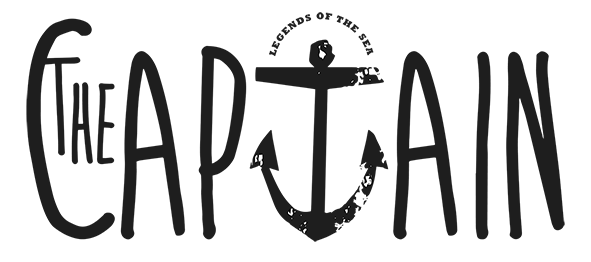
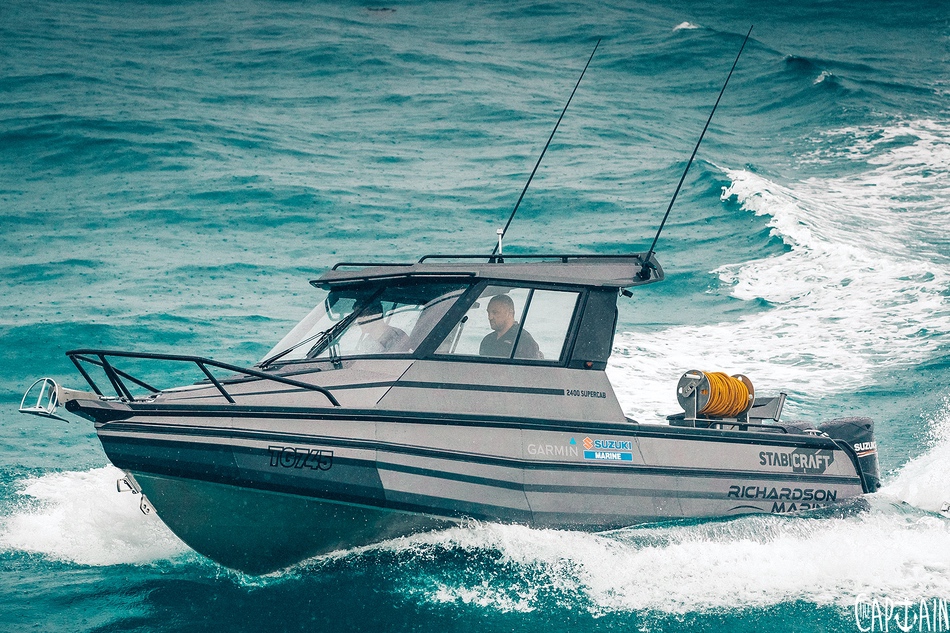
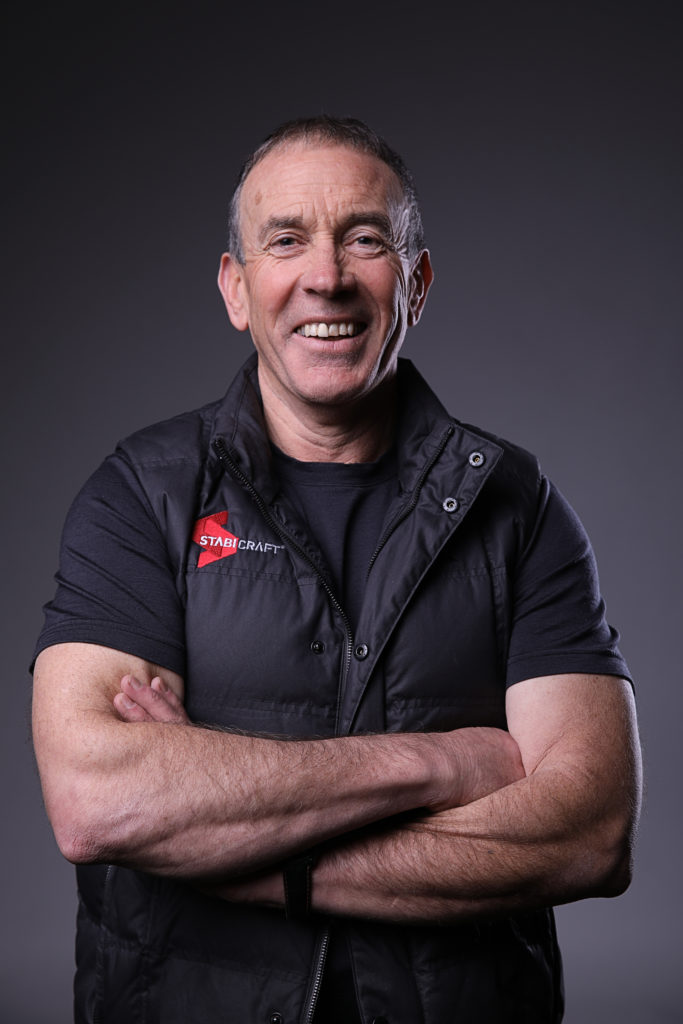
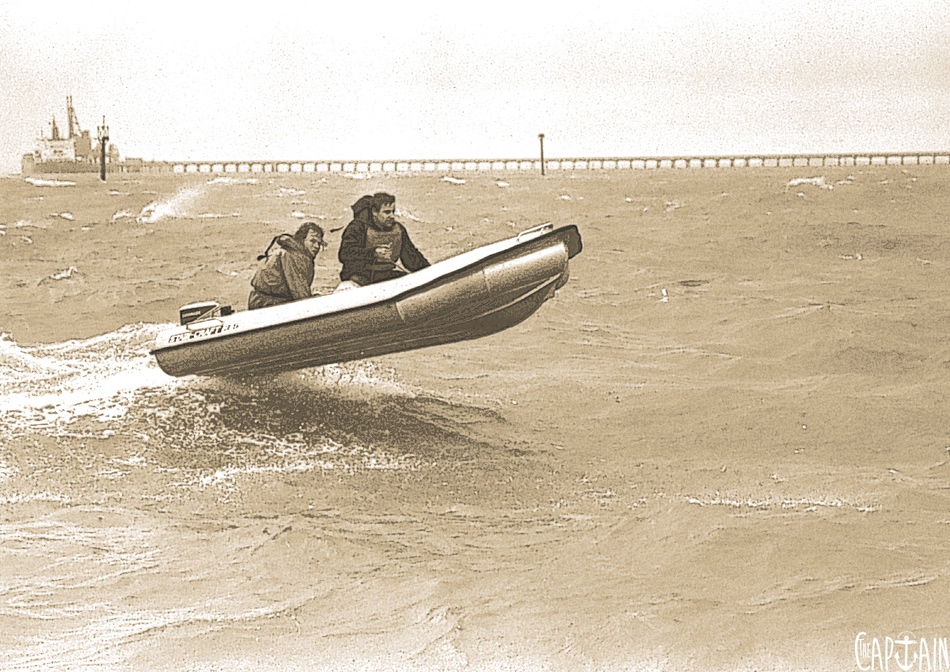
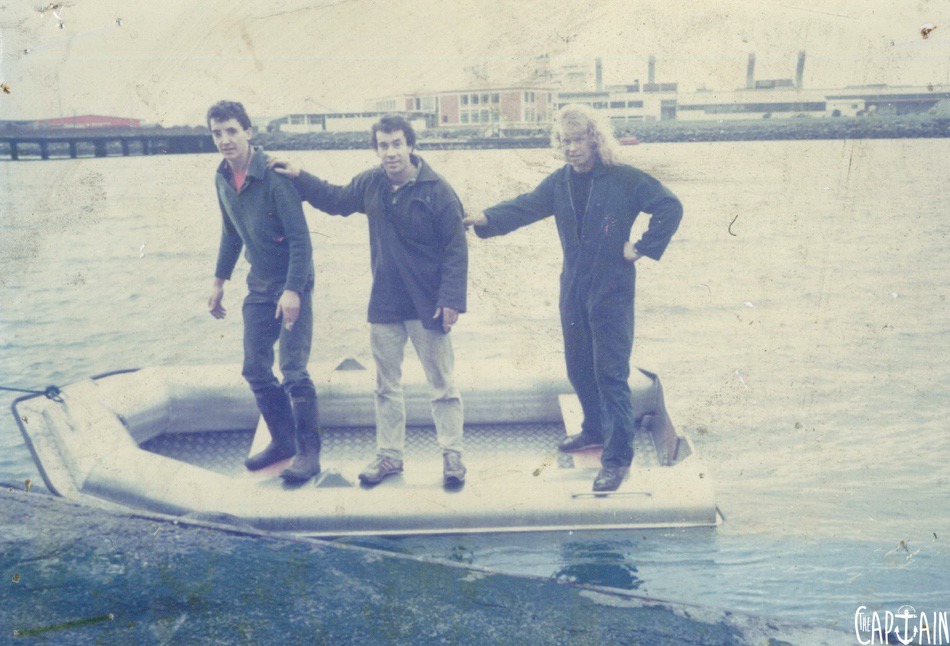
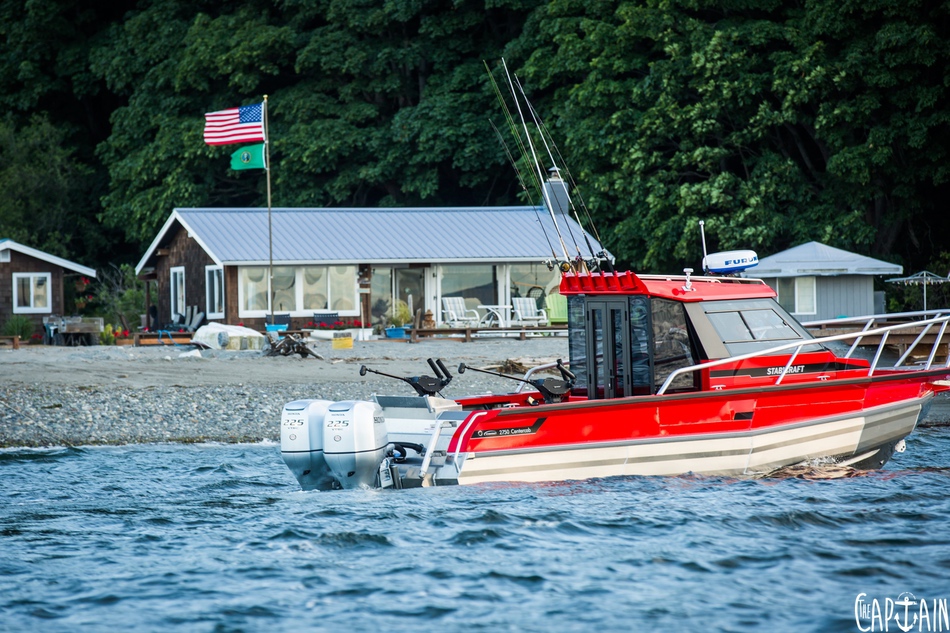

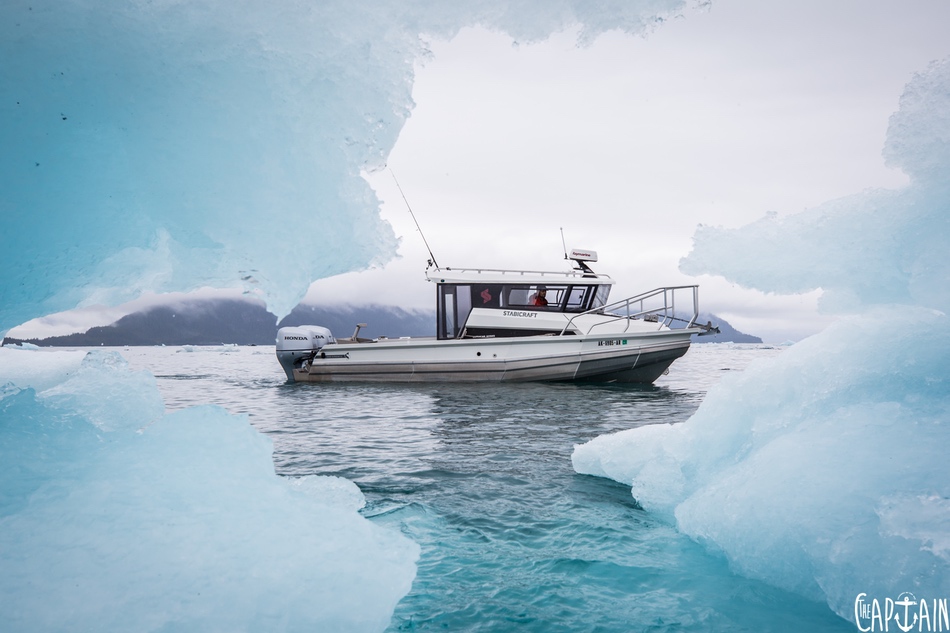
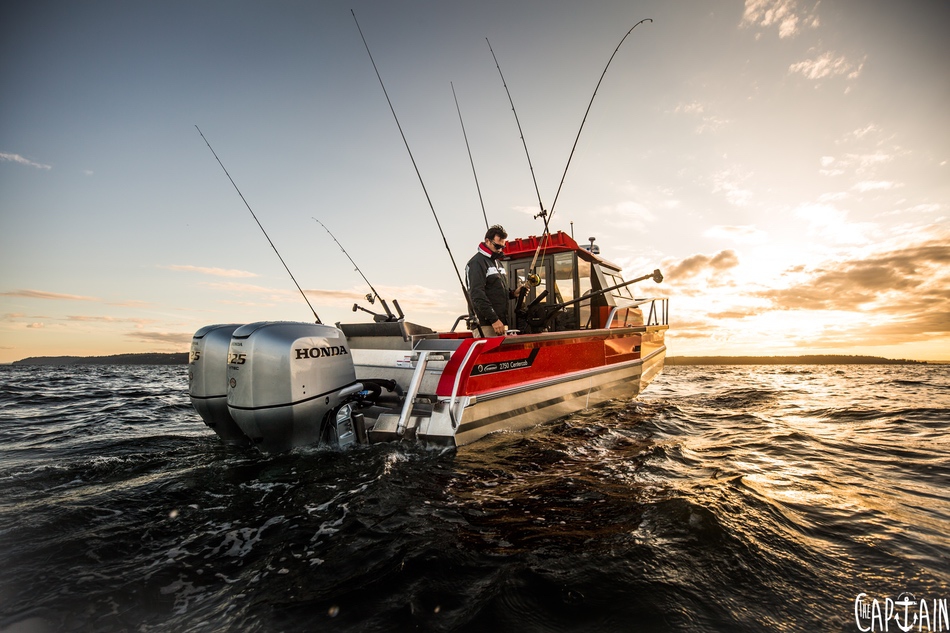
Recent Comments